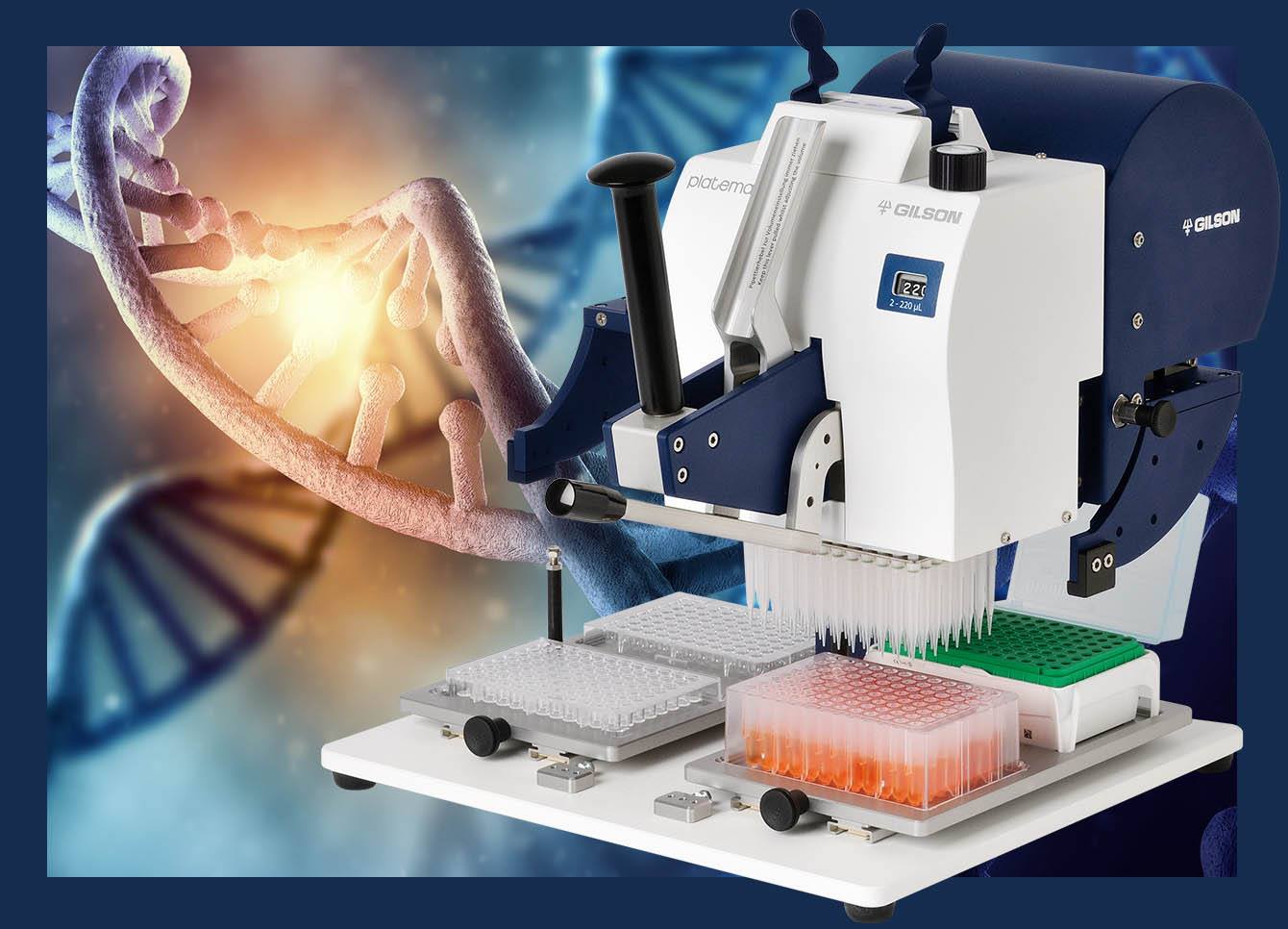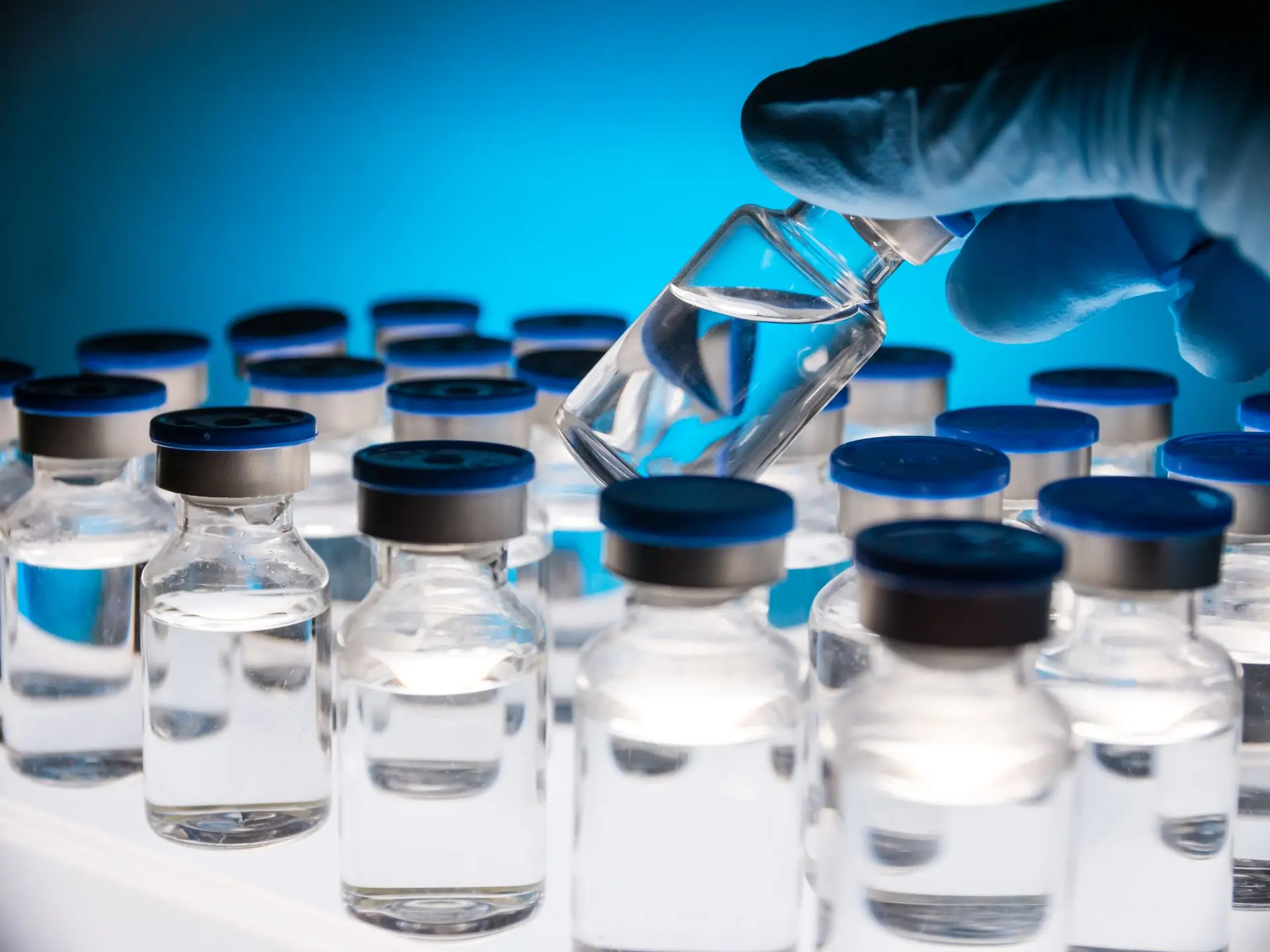The advanced technologies for high-throughput (HTP) cloning, protein expression, as well as crystallization, imaging, and X-ray diffraction data collection have significantly evolved in recent years. These advances have enabled the automation and streamlining of traditionally long and complex processes, thus accelerating structural biology research and paving the way for new therapeutic applications.

1.Automation of Cloning and Protein Expression in 96-Well Format:
The automation of cloning and protein expression in a 96-well format allows for parallel production of proteins, increasing the efficiency and reproducibility of the production process. This approach optimally manages a large number of samples, facilitating the rapid preparation of proteins for structural analyses, such as crystallization or NMR.
2.Miniaturized Crystallization Stations Using Nanolitre Volumes:
High-throughput crystallization is facilitated by miniaturized stations that allow for the deposition of nanolitre volumes to test a wide range of chemical conditions, reducing the amount of protein needed while increasing the number of experimental conditions. These stations enable real-time monitoring of crystal growth, optimizing the search for ideal conditions for protein crystallization.

3.Design of Improved Crystallization Screens:
Crystallization screens, designed to systematically test a range of chemical conditions, have been improved to cover a broader spectrum of parameters. This enhancement increases the likelihood of successful protein crystallization and enables the rapid testing of different conditions, facilitating the selection of high-quality crystals for X-ray diffraction experiments.
4.Crystal Recognition Software:
Crystal recognition software, based on image analysis and machine learning algorithms, automates the selection of crystals from numerous samples. These systems help quickly identify high-quality crystals, reducing the workload and minimizing human errors in the selection process, which is crucial for the diffraction data collection.

5.High-Throughput Liquid Handling for NMR:
The automation of liquid handling for NMR sample preparation enables the simultaneous processing of numerous samples with precise control over concentrations, optimizing the efficiency of NMR analysis. This advancement not only improves sample preparation time but also enhances the quality of data obtained for determining the structures of proteins in solution.
These technological innovations streamline the entire structural biology research process, from protein production to data analysis, through crystallization and data collection. By accelerating these stages, they open new perspectives for biomedical research, drug discovery, and a deeper understanding of the molecular mechanisms underlying human diseases.